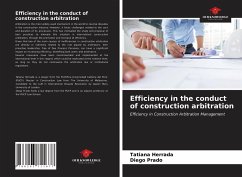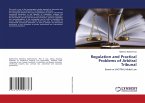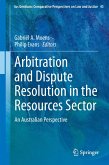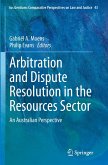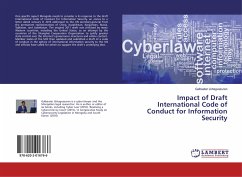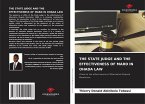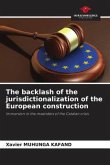Arbitration is the most widely used mechanism in the world to resolve disputes in the construction industry. However, it faces challenges related to the cost and duration of its processes. This has motivated the study and proposal of best practices to alleviate this situation in international construction arbitration, through the promotion and increase of efficiency. Given that two of the main causes of inefficiencies in construction arbitration are directly or indirectly related to the role played by arbitrators, their proactive leadership, free of Due Process Paranoia, can have a significant impact on increasing efficiency, benefiting both users and arbitrators. Several measures have been recommended and implemented at the international level in this regard, which could be replicated at the national level, as long as they do not contravene the arbitration law or institutional regulations.

